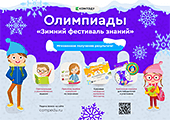Класс: 4 «А»
Тема: Расписание уроков
Коммуникативная ситуация: Расписание уроков друга
Цель: Способствовать формированию коммуникативной компетенции учащихся по теме «School»
Прогнозируемый результат: предполагается, что к окончанию учебного занятия учащиеся смогут рассказать о расписании друга и о том, что их друг делает на уроках.
Задачи: - создание условий для актуализации лексических единиц в речи;
- создание условий для развития навыков устной речи в рамках заданной коммуникативной ситуации;
- создание условий для развития логики, памяти, мышления,
внимания в рамках заданной коммуникативной ситуации;
- создание условий для повышения интереса к изучению
иностранного языка
Применяемые формы работы: фронтальная, в парах, в группах, индивидуальная
Оборудование урока: УМК «Английский язык 4 класс» Л. М. Лапицкая, А. И. Калишевич, Т. Ю. Севрюкова, Н. М. Седунова; раздаточный материал; карточки, тематические картинки.
Ход учебного занятия
I. Организационно-мотивационный этап.
1)введение в атмосферу иноязычного общения:
T: - Hello, children!
Ps: - Hello, Irina Mikhaylovna !
T: - How are you today, Sveta?
P: - I’m ok, thank you.
T: - How are you today, Sergey?
P: - I’m fine, thank you. etc.
T: Oh! What is it? It’s a strange envelope. Let’s read the letter.
Hello, I’m Kate. I’m from Minsk. I have lost my record-book. Help me to restore my timetable, please. I send you pictures with my lessons and some useful information.
T: - Look at these pictures, what are these? You are right, these are different school subjects. Name these school subjects and put them on the blackboard. Thank you!
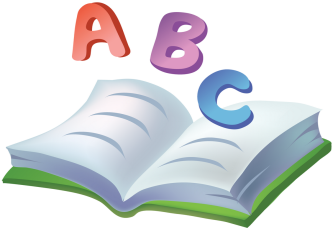
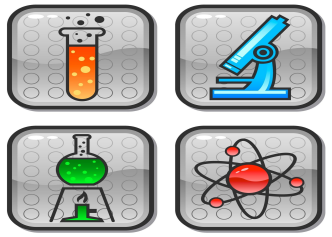
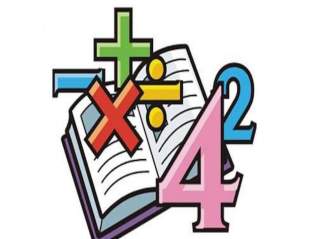
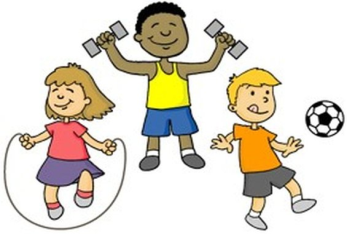
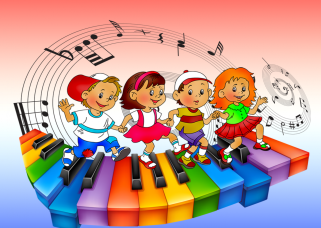
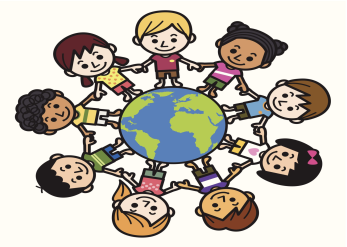
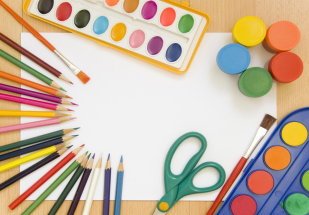
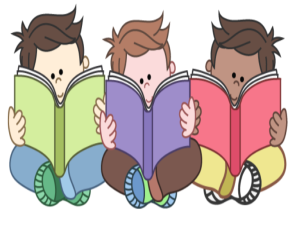
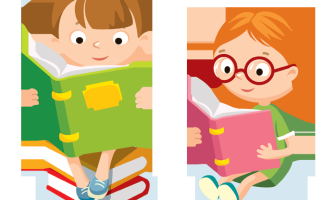
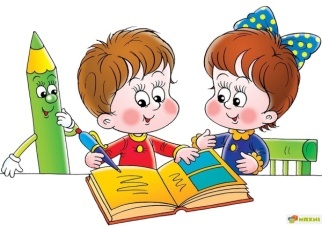
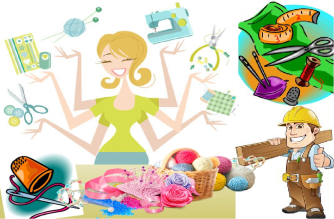
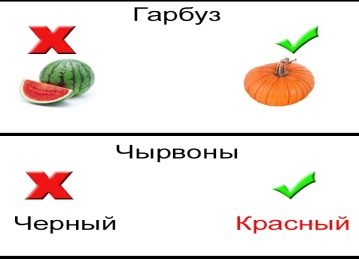
2) речевая разминка:
T: Children, what day is it today?
P: Thursday.
T: How many lessons do you have on Thursday?
T: What lessons do you have on Thursday?
T: What’s your favourite school day? Why?
P: Friday. We have Math, English and PE on Friday.
T: What do you do in English (Math, PE...)?
T: What are we going to speak today?
P: We are going to speak about school subjects.
T: And what else?
P: What we usually do in the lessons.
T: Right. Today we are going to speak about school subjects and school activities. And we help Kate to restore her record-book.
III. Основной этап урока
1) актуализация употребления в речи лексических единиц по теме
T: - Look at the blackboard. You can see school subjects. Put school activities under the right lesson and make up sentences.
Model: She translates texts in English.
read texts
do sums
play football
sing songs
listen to stories
count
make things
read stories
play games
learn about nature
jump
draw and paint
listen to music
play sports
solve problems
speak English
learn new words
translate texts
run
T: Look at the blackboard. Using this information speak about each of Kate’s lessons.
T: Excellent, thank you.
2) физкультминутка
T: Let’s have a rest and play a game “Switch your places if...”
- Switch your places if you do sums in Math.
- Switch your places if you have English on Monday.
- Switch your places if you read books in PE.
- Switch your places if you have 5 lessons on Friday. etc.
3) развитие навыков устной речи в рамках заданной коммуникативной ситуации
T: These are pages from Kate’s record-book. And now we are going to fill in school subjects into her time table. Let’s work in 3 teams. Take the number of your team. First of all let’s revise school subjects. Make words from the letters:
ussiruan
noloygtech
lihseng
cienesс
rubelsiana
htmsa
cusim
ehtnamdnadolrw
tar
Russian
Technology
English
Science
Belarusian
Maths
Music
Man and the world
Art
T: Now guess these riddles and write her lessons
Monday:
1. We do sums and count.
2. We play games and speak English.
3. We do exercises and play sports.
4. We write and speak Belarusian.
Tuesday:
1. We learn about nature.
2. We read stories about Russia.
3. We sing songs and play musical instruments.
Wednesday:
1. We run and jump.
2. We solve problems.
3. We read texts and learn Belarusian words.
4. We learn new English words.
Thursday:
1. We draw and paint.
2. We read stories and listen to stories about Belarus.
3. We make different things.
Friday:
1. We swim.
2. We write Russian text.
3. We read, speak, listen and learn new words.
T: Let’s check up. Good! Thank you, children. We’ll send a letter to Kate.
T: We spoke about Kate’s lessons and now I want to know the information about your timetable. Imagine that you are reporters. Interview your partner about his or her favourite school day and make some notes.
Questions: - What’s your favourite school day?
- How many lessons do you have on...?
- What lessons do you have?
- What do you do in your lesson?
T: Share the information about your partner with us. And stick a paper under his or her favourite lesson.
IV. Заключительный этап:
1) подведение итогов урока
T: Look at the blackboard. Let’s sum up the results. Speak about the most popular and the least popular lessons in our class.
2) рефлексия
T: At the end of our lesson I want you to read a poem:
“They go to school at eight,”
Says little Kate.
“At school they read and write,
Their class is large and light.”
T: First read the poem with me and I will wipe out the words and you are to complete it. (стираем по несколько слов, а учащиеся должны воспроизвести стихотворение, и таким образом стираем до тех пор, пока ни останется слов)
3) выставление отметок (с комментариями)
T: Excellent!Our time is over. Your marks are....
4) домашнее задание
T: Your home task is : - speak about your ideal school day. How many lessons do you have? What lessons do you have? What do you do in the lessons on this day.
T: Our lesson is over. Thanks for your work. Good-bye.
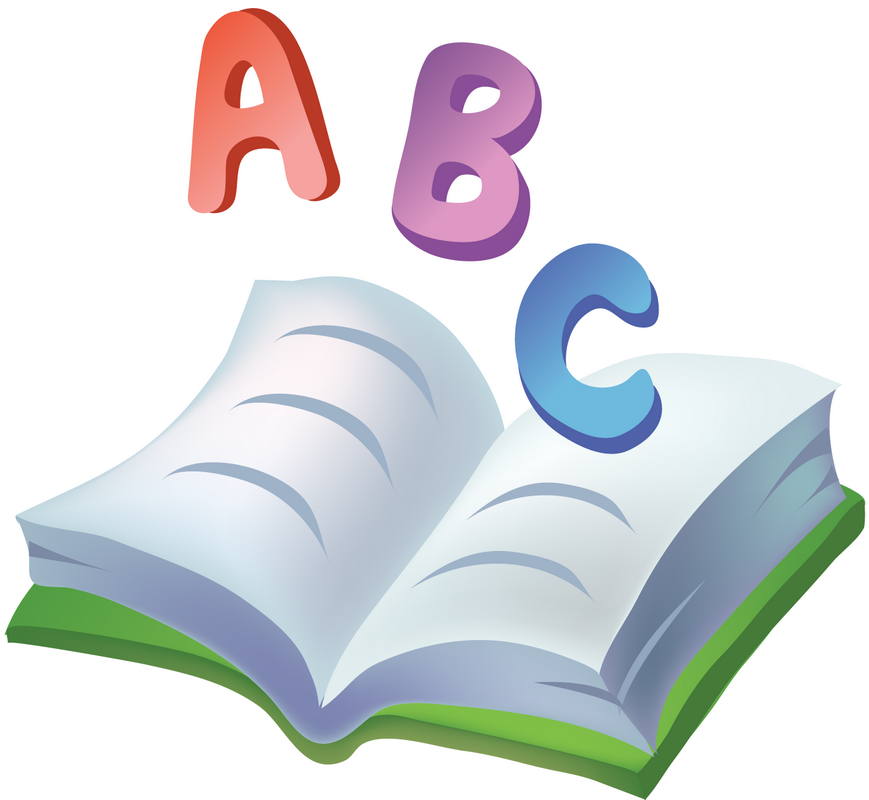
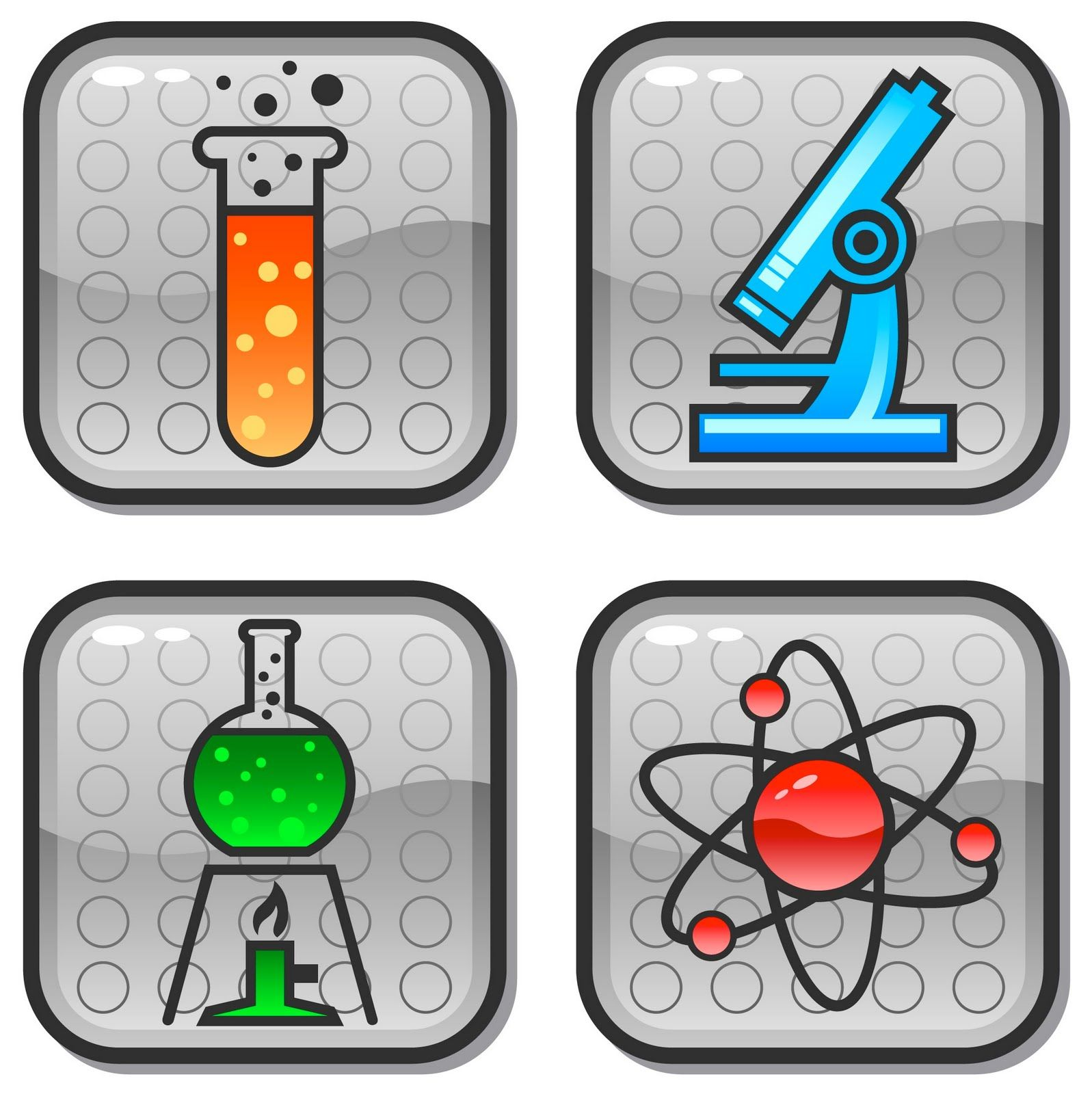
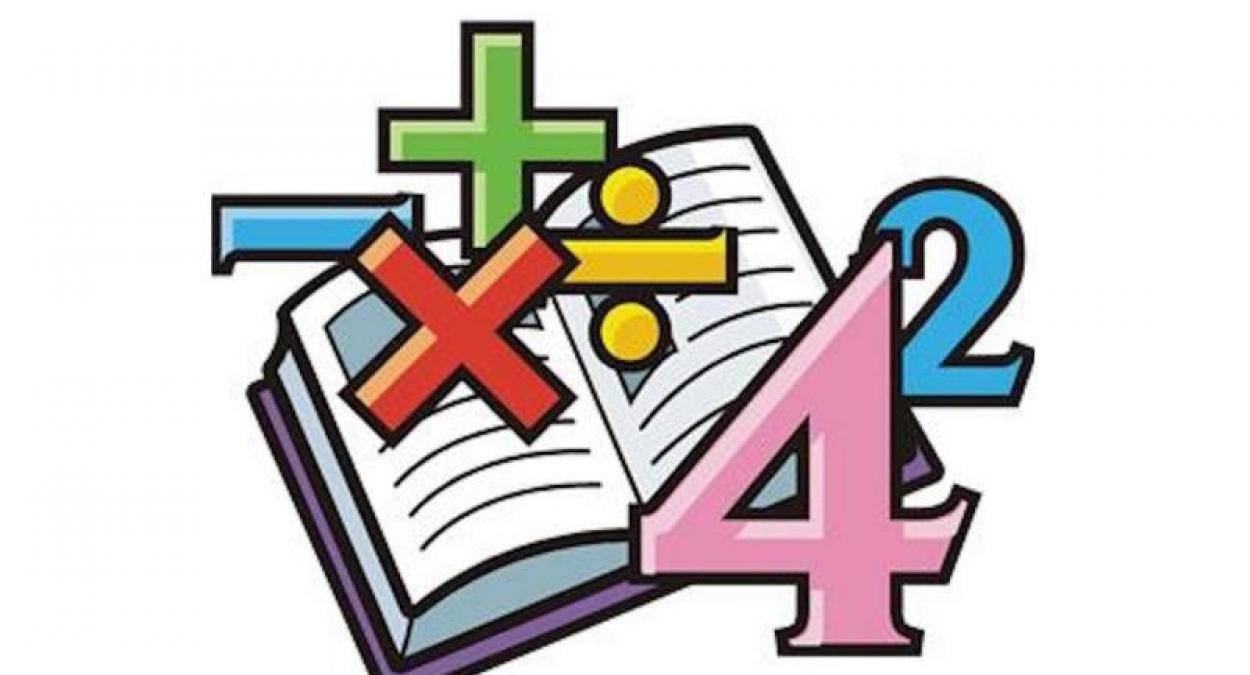
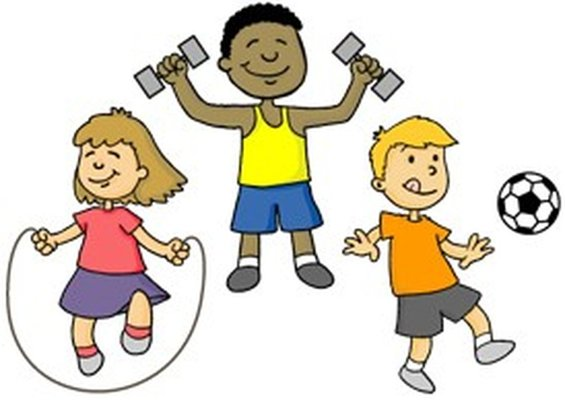
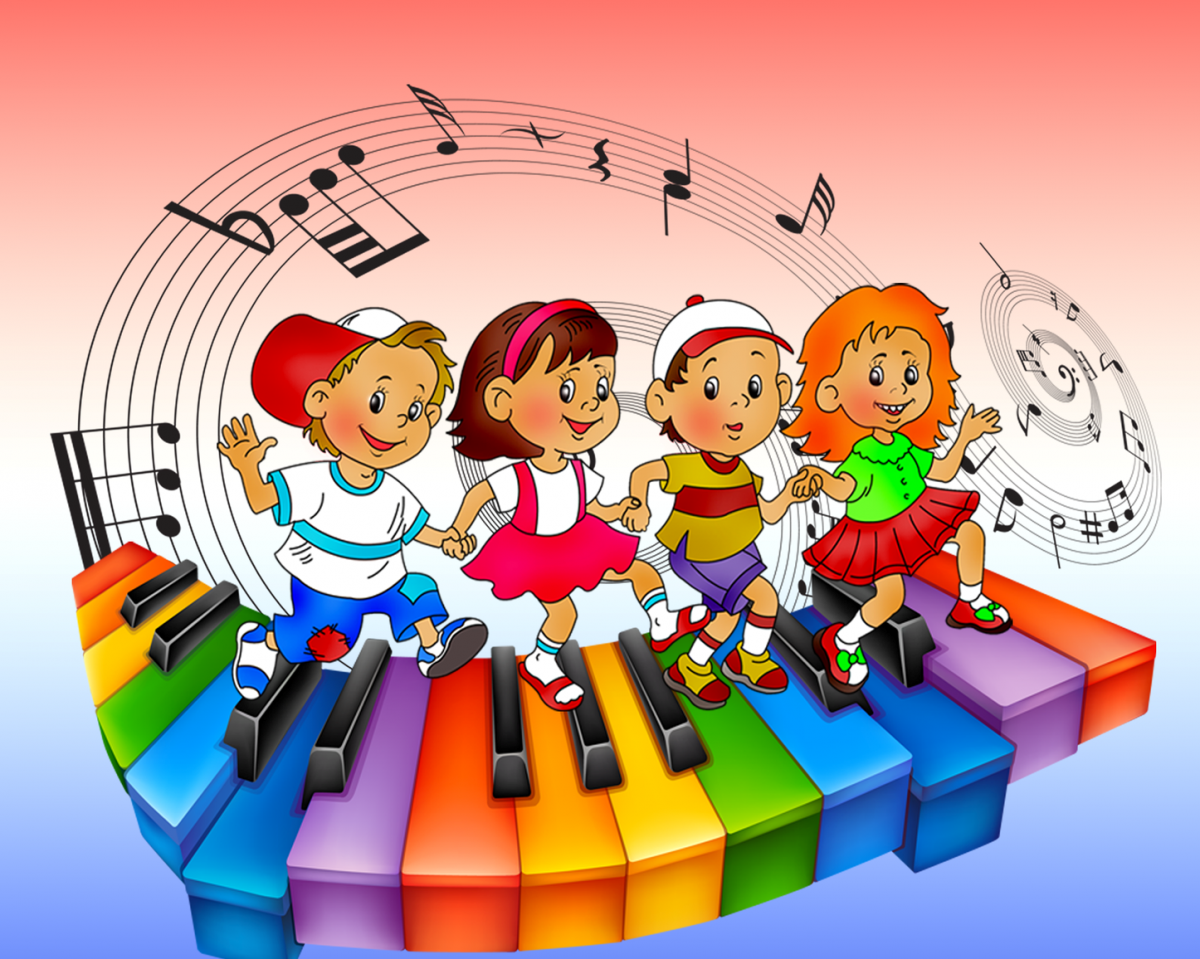
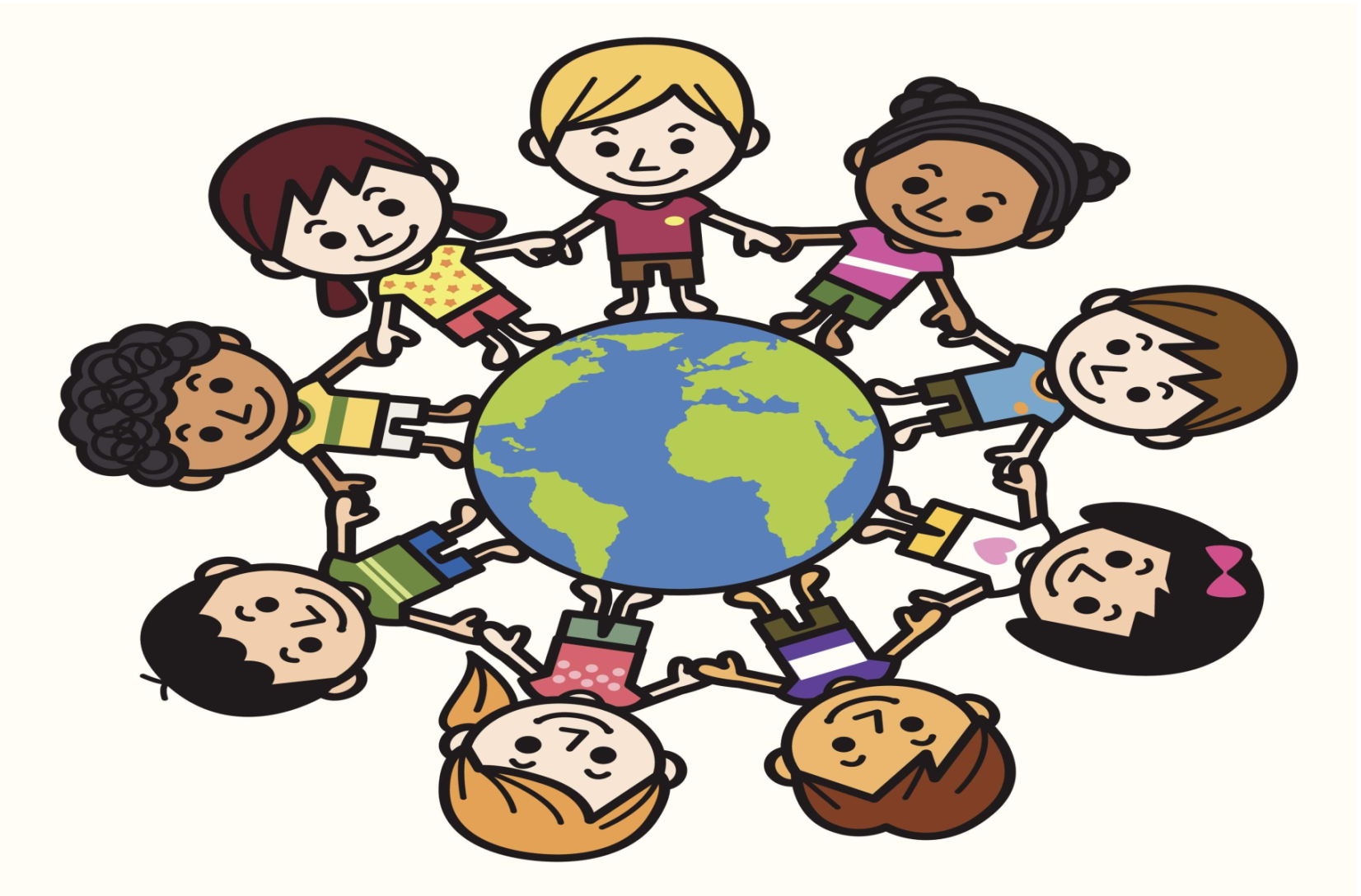
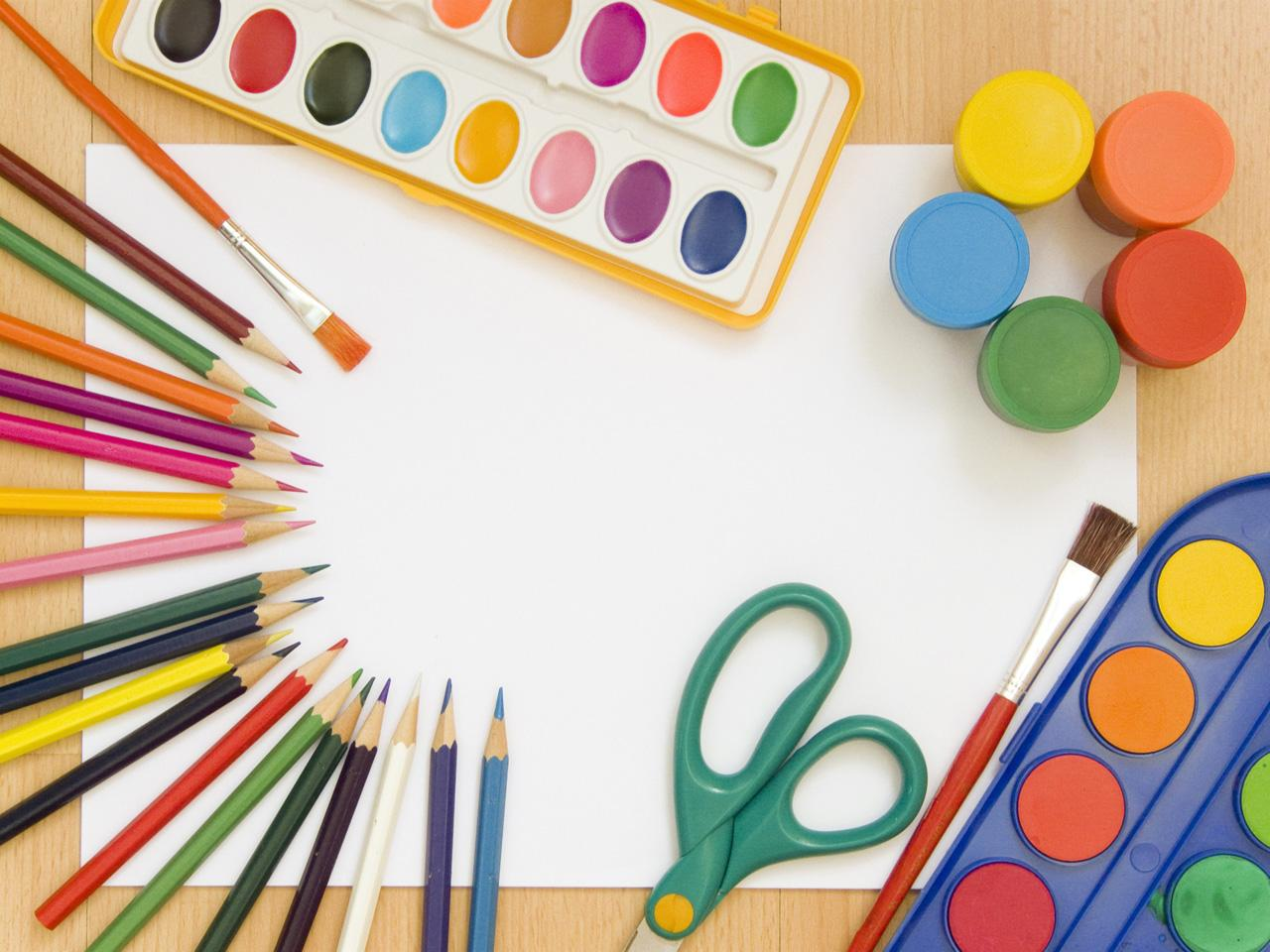
Беларускае чытанне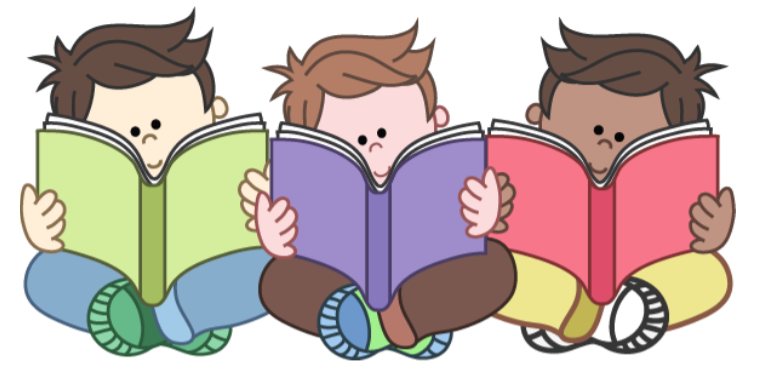
Золушка стихотворения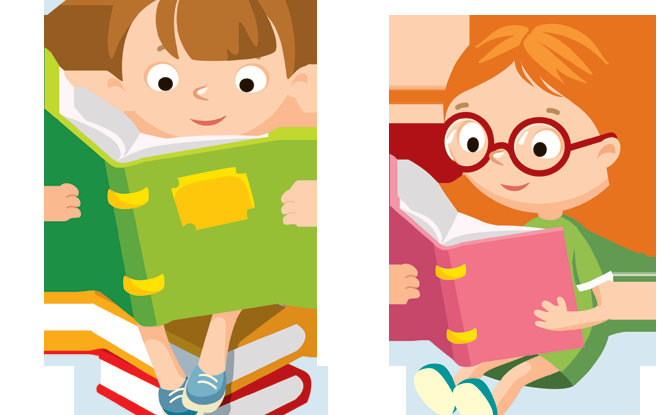
А Б В Г Д У Ж З И К Л М Н О П Р С Т У Ф Х Ц Ч Ш Ъ 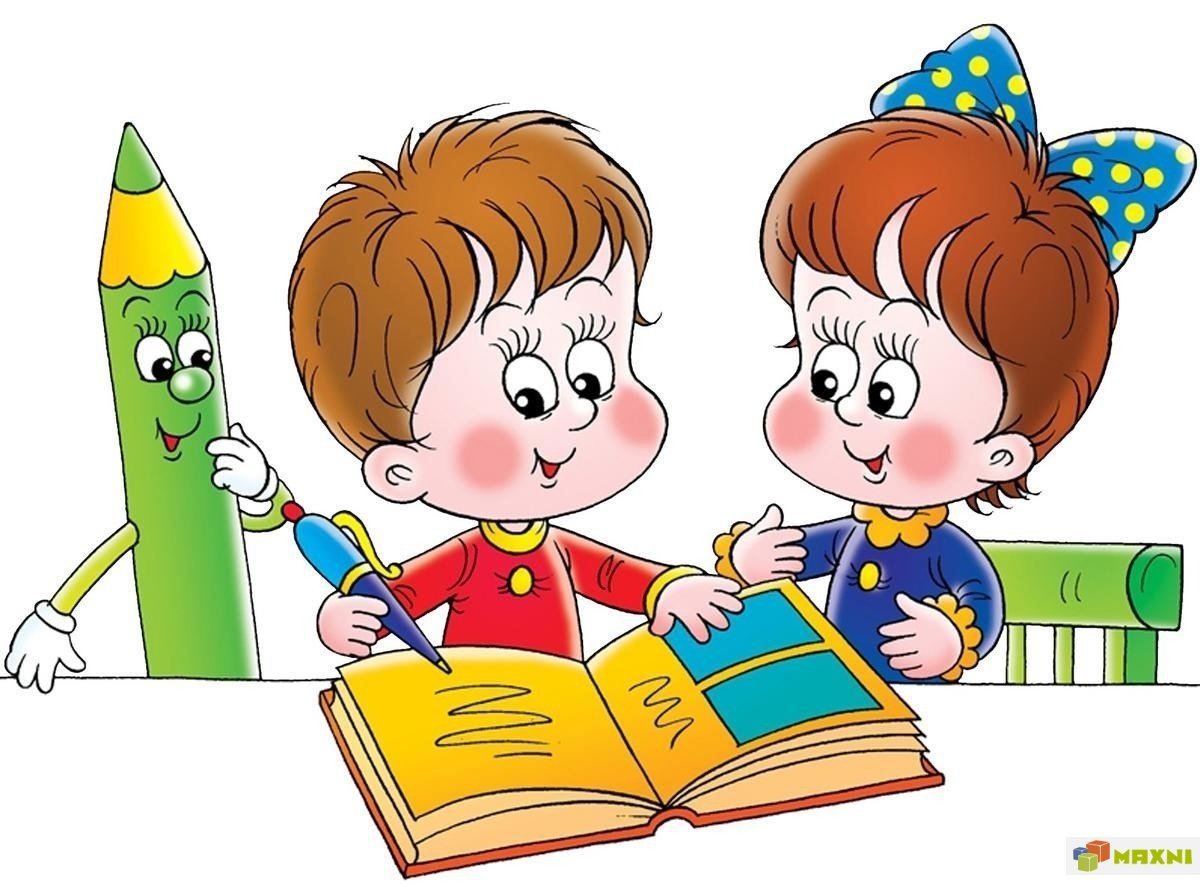
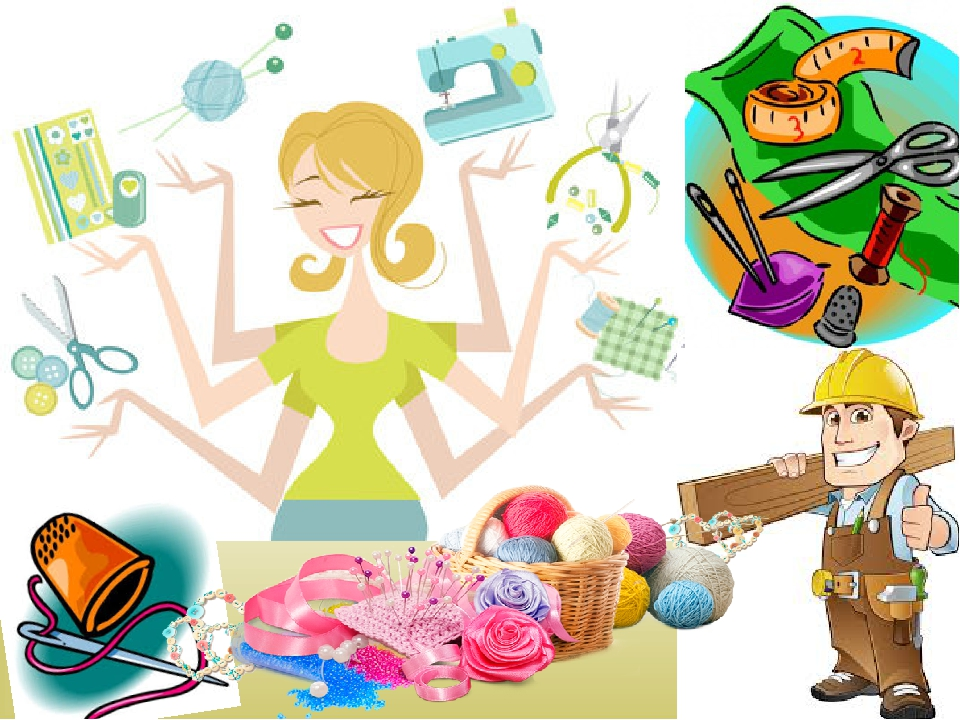
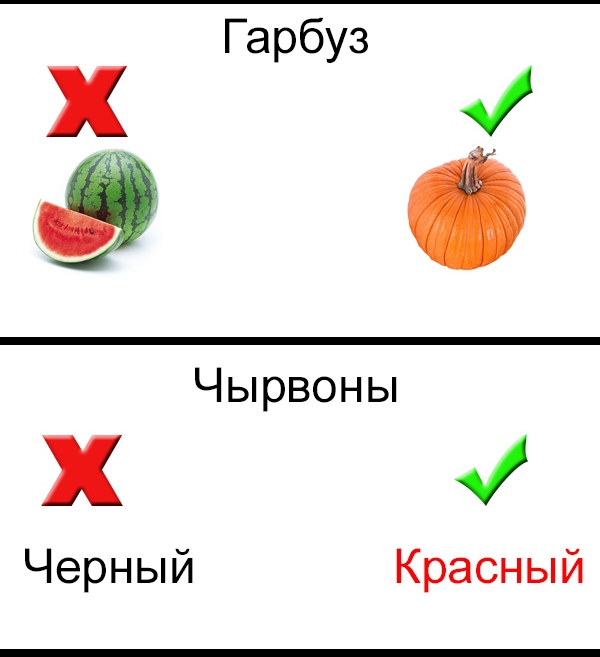
read texts
|
read texts |
|
write texts |
|
do sums |
|
play football |
|
sing songs |
|
listen to stories |
|
listen to stories |
|
listen to stories |
|
count |
|
make things |
|
read stories |
|
write letters |
|
read stories |
|
play games |
|
play games |
|
run |
|
learn about nature |
|
jump |
|
draw and paint |
|
listen to music |
|
play sports |
|
solve problems |
|
speak English |
|
write texts |
|
learn new words |
|
translate texts |
|
translate texts |
|
ussiruan noloygtech lihseng cienesс rubelsiana htmsa cusim ehtnamdnadolrw tar
|
ussiruan noloygtech lihseng cienesс rubelsiana htmsa cusim ehtnamdnadolrw tar
|
ussiruan noloygtech lihseng cienesс rubelsiana htmsa cusim ehtnamdnadolrw tar
|
|
Monday: 1. We do sums and count. 2. We play games and speak English. 3. We do exercises and play sports. 4. We write and speak Belarusian. Tuesday: 1. We learn about nature. 2. We read stories about Russia. 3. We sing songs and play musical instruments. Wednesday: 1. We run and jump. 2. We solve problems. 3. We read texts and learn Belarusian words. 4. We learn new English words. Thursday: 1. We draw and paint. 2. We read stories and listen to stories about Belarus. 3. We make different things. Friday: 1. We swim. 2. We write Russian text. 3. We read, speak, listen and learn new words.
|
Monday: 1. We do sums and count. 2. We play games and speak English. 3. We do exercises and play sports. 4. We write and speak Belarusian. Tuesday: 1. We learn about nature. 2. We read stories about Russia. 3. We sing songs and play musical instruments. Wednesday: 1. We run and jump. 2. We solve problems. 3. We read texts and learn Belarusian words. 4. We learn new English words. Thursday: 1. We draw and paint. 2. We read stories and listen to stories about Belarus. 3. We make different things. Friday: 1. We swim. 2. We write Russian text. 3. We read, speak, listen and learn new words.
|
|
- What’s your favourite schoolday?
- How many lessons do you have on...?
- What lessons do you have?
- What do you do in your favourite lesson?
|
- What’s your favourite schoolday?
- How many lessons do you have on...?
- What lessons do you have?
- What do you do in your favourite lesson?
|


